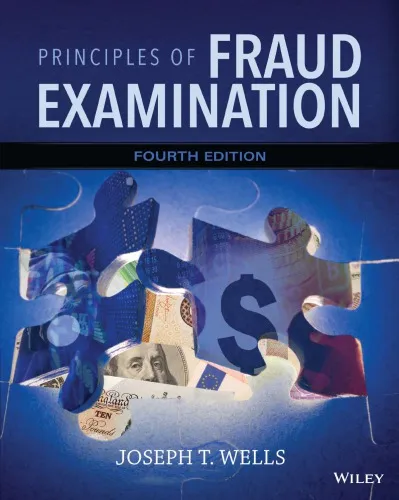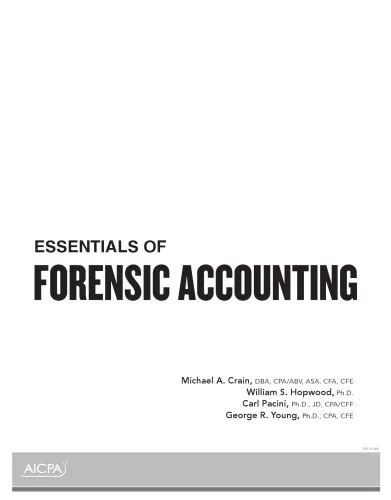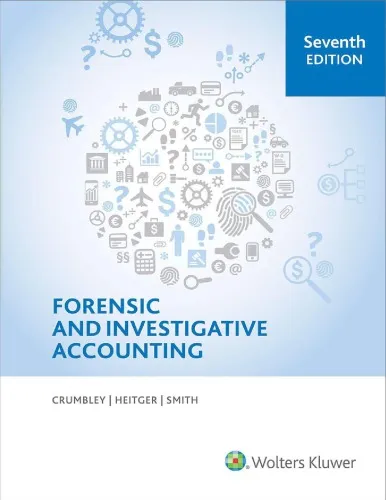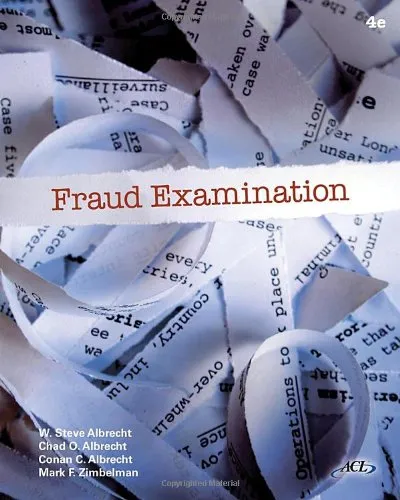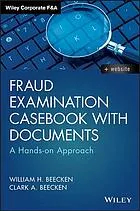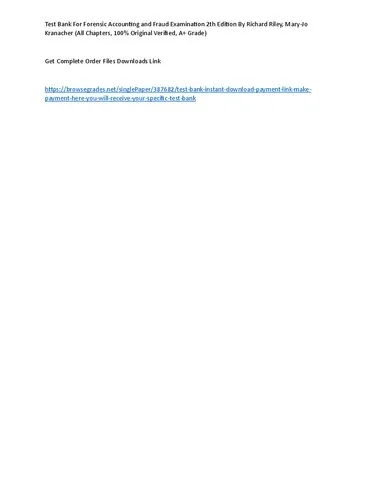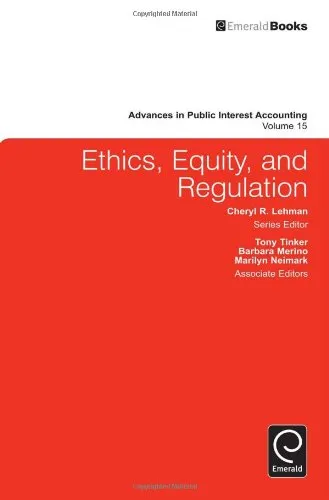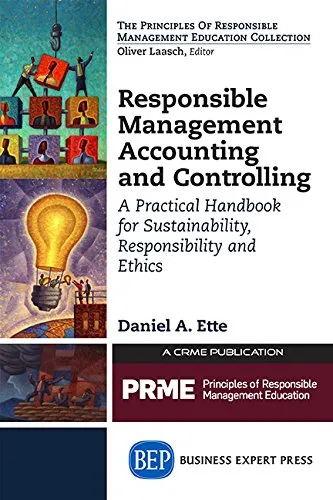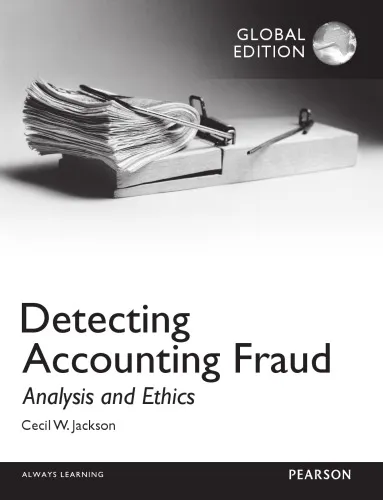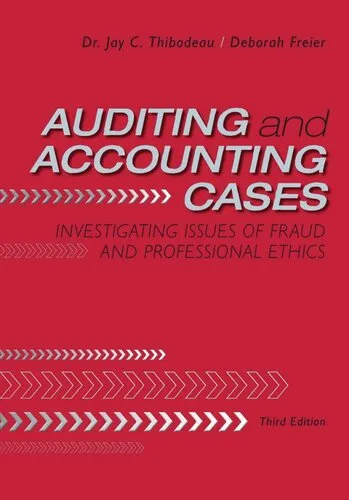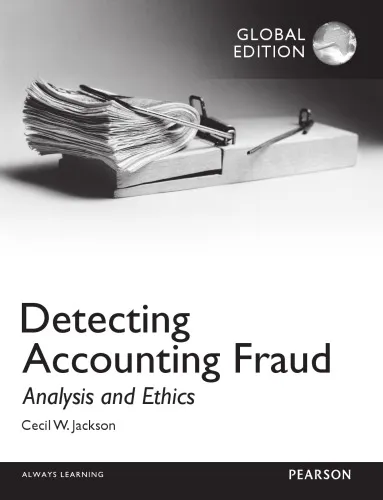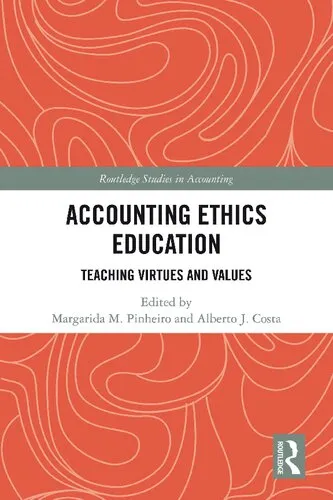Principles of Fraud Examination
5.0
Reviews from our users

You Can Ask your questions from this book's AI after Login
Each download or ask from book AI costs 2 points. To earn more free points, please visit the Points Guide Page and complete some valuable actions.Related Refrences:
Introduction to 'Principles of Fraud Examination'
Welcome to the foundational text of understanding fraud through a professional lens. 'Principles of Fraud Examination' provides an in-depth exploration of the mechanisms, techniques, and legal considerations surrounding occupational fraud and abuse. Designed for practitioners and students alike, this book serves as a comprehensive guide to combating one of the most pervasive issues in the corporate world.
Detailed Summary of the Book
The 'Principles of Fraud Examination' meticulously outlines the intricate aspects of fraud examination. Starting with an overview of the types and prevalence of fraud, the book systematically breaks down the fraud triangle – pressure, opportunity, and rationalization. Each chapter delves into different types of fraud, such as asset misappropriation, corruption, and financial statement fraud, offering case studies that exemplify each scenario.
The text also covers critical areas such as fraud prevention, detection, investigation, and resolution. Through the use of real-world examples, the book illustrates how fraudulent activities are perpetrated and highlights the red flags that auditors and fraud examiners need to identify. Joseph T. Wells offers insights into legal considerations, emphasizing the importance of adhering to regulations while conducting fraud examinations.
Key Takeaways
- Understanding the Fraud Triangle: An essential concept that explains the motivations and opportunities that lead to fraud.
- Types of Fraud: Detailed explanations of asset misappropriation, corruption, and financial statement fraud.
- Fraud Prevention and Detection: Strategies and tools for averting fraud and recognizing its early signs.
- Investigation Techniques: Step-by-step guidance on conducting thorough and legally sound fraud investigations.
- Ethical Considerations: Highlights the importance of ethics in accounting and auditing professions.
Famous Quotes from the Book
“Fraud examination is not only a science; it is an art that requires professional judgment and expertise.”
“In the world of accounting, trust is critical, but so is verification.”
“The biggest mistake organizations make is assuming they won't be affected by fraud.”
Why This Book Matters
'Principles of Fraud Examination' is pivotal for any professional involved in finance, auditing, or forensic accounting. The book's relevance extends beyond its academic value; it addresses real challenges faced by businesses and public entities worldwide. By understanding the principles outlined, professionals are better equipped to protect their organizations from the significant financial and reputational damages caused by fraud.
The insights provided by Joseph T. Wells prepare readers to handle complex fraud cases, ensure due diligence, and maintain the integrity of their financial reporting processes. This book is not only an educational resource but also a tool for advocating for transparency and accountability in business practices.
Free Direct Download
You Can Download this book after Login
Accessing books through legal platforms and public libraries not only supports the rights of authors and publishers but also contributes to the sustainability of reading culture. Before downloading, please take a moment to consider these options.
Find this book on other platforms:
WorldCat helps you find books in libraries worldwide.
See ratings, reviews, and discussions on Goodreads.
Find and buy rare or used books on AbeBooks.
1545
بازدید5.0
امتیاز1
نظر98%
رضایتReviews:
5.0
Based on 1 users review
anand60
Dec. 2, 2025, 3:58 a.m.
splendid,super,marvelous
Questions & Answers
Ask questions about this book or help others by answering
No questions yet. Be the first to ask!
